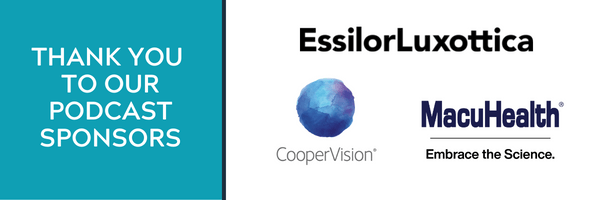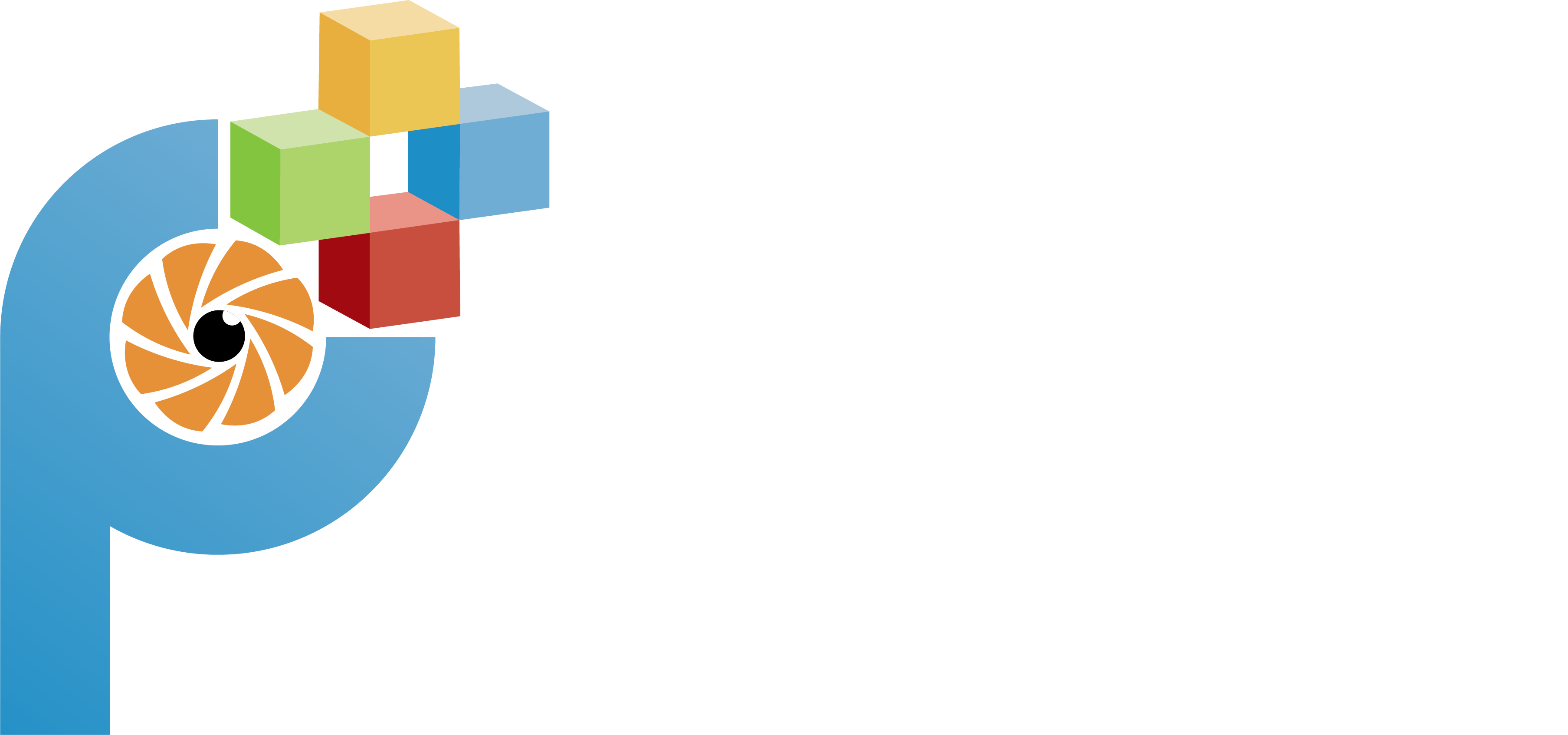

As technology continues to evolve, artificial intelligence (AI) is becoming an increasingly significant part of our daily lives and professional practices. In this blog post, we explore a recent conversation between optometry professionals, Dr. Haley Perry and Chris Wolf, as they discuss the ethical implications, practical applications, and potential future of AI in the field of optometry.
The Evolution of Big Ideas Through Artificial Intelligence
Dr. Perry begins by reflecting on how Artificial Intelligence might change the way big ideas are conceived and executed. Traditionally, ideas had to be meticulously structured and conformed to established norms to be actionable. However, AI has the potential to shift this paradigm by helping to organize and structure ideas in ways that were previously unimaginable. This could democratize innovation, allowing more voices to contribute to significant advancements.
Chris Wolfe, however, raises a point of caution. While AI can help shape big ideas, it’s crucial to ensure that these ideas are grounded in a solid foundation of knowledge. He likens this to the decline of handwriting in favor of typing, questioning whether we’re losing essential foundational skills as technology advances. The concern is that as Artificial Intelligence becomes more integrated into our processes, we might lose touch with the basics that ground our understanding of the world.
The Ethical Concerns Surrounding Artificial Intelligence
The conversation shifts to a critical ethical discussion. Dr. Perry shares a concern raised by her grandmother about how cursive writing is no longer being taught in schools. This small change could have broader implications for how we authenticate and validate identity in the future—something as fundamental as signing a name might become obsolete.
This idea dovetails into a broader concern about the potential misuse of Artificial Intelligence. Chris Wolfe points out that technology already allows for the manipulation of voices and images, making it difficult to distinguish between what’s real and what’s fake. This could have profound implications for trust and authenticity, especially in a professional setting like optometry, where patient trust is paramount.
Dr. Perry acknowledges these concerns but remains optimistic. She believes that while there are risks, the potential benefits of it far outweigh them. The key, she argues, is to focus on the opportunities AI presents while remaining vigilant about its ethical implications.
Practical Applications of Artificial Intelligence in Optometry
One of the most exciting aspects of AI is its ability to streamline and enhance various roles within an optometry practice. Dr. Perry has developed a course, available on EyeCode Education, that teaches optometrists how to leverage Artificial Intelligence in their practices. The course, “Mastering AI in Optometry,” is designed to help professionals understand it’s current capabilities and how it can be applied to different roles within a practice, from front desk operations to clinical decision-making.
Dr. Perry shares a practical example from her own practice. She created a custom Artificial Intelligence tool to analyze contact lens pricing strategies. By inputting various factors like rebates, inventory, and volume discounts, the AI was able to calculate the true price per box for different suppliers. This allowed her to make a more informed decision about which supplier to choose, ultimately benefiting her practice’s bottom line.
Beyond financial decisions, Dr. Perry also uses it for more routine tasks like performance reviews. By automating these processes, she can free up time for more critical activities, improving overall efficiency in her practice.
The Future of Artificial Intelligence: Friend or Foe?
As the conversation winds down, Chris Wolfe raises a provocative question: Could AI eventually pose a threat to humanity, as depicted in dystopian scenarios like “The Terminator”? While this might seem far-fetched, it’s a reminder that Artificial Intelligence is a powerful tool that, if misused, could have unintended consequences.
Dr. Perry, however, remains an optimist. She believes that AI’s future will be shaped by the opportunities it presents rather than the potential dangers. She envisions a future where AI-powered tools like virtual assistants and automated phone operators become commonplace in optometry practices, helping to address challenges like staffing shortages and improving patient care.
That said, both Dr. Perry and Chris agree that the ethical implications of Artificial Intelliegence cannot be ignored. As it continues to evolve, it’s crucial for the optometry community to stay informed and engaged with these developments. This includes understanding the limitations of it, recognizing potential risks, and advocating for responsible use of the technology.
Conclusion
Artificial Intelligence is already transforming the field of optometry, offering new ways to enhance efficiency, improve patient care, and make better business decisions. However, as with any powerful tool, it comes with ethical considerations that must be carefully navigated.
Dr. Haley Perry and Chris Wolfe’s conversation highlights the dual nature of AI: its potential to revolutionize practices for the better, and the risks it poses if not managed responsibly. For optometrists and other professionals, the challenge lies in embracing it’s benefits while remaining vigilant about its ethical implications.
As Artificial Intelligence continues to evolve, staying informed and proactive will be essential. By doing so, the optometry community can ensure that it serves as a valuable tool in advancing the field while safeguarding the trust and integrity that are foundational to patient care.
For those interested in diving deeper into how Artificial Intelligence can be applied to optometry, Dr. Perry’s course on EyeCode Education is a valuable resource. Whether you’re looking to streamline your practice, make more informed decisions, or simply stay ahead of the curve, mastering AI is becoming increasingly essential in today’s fast-paced, technology-driven world. Check it out here!

